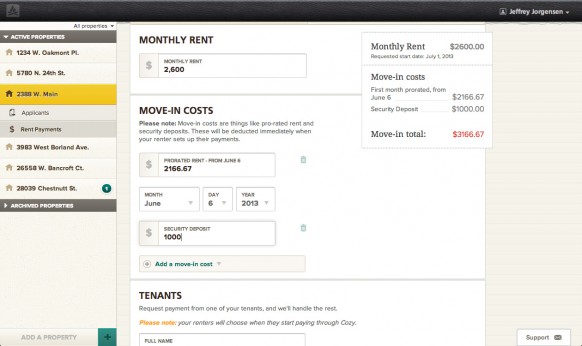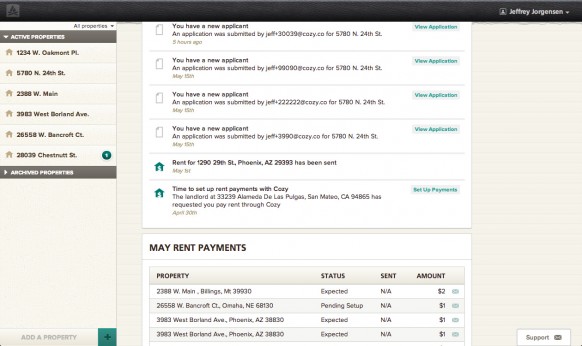
[We apologize, but our office no longer accepts tenant wrongful eviction claims. If you are a tenant, please contact Georgia Legal Aid at www.georgialegalaid.org or the Atlanta Volunteer Lawyers Foundation at https://avlf.org/get-help/evictions/.]
There is a lot of confusion regarding evicting a tenant and wrongful eviction. One question is the amount of damages a tenant is entitled to if wrongly evicted. The issue was addressed recently by the Georgia Court of Appeals in Hart v. Walker, 347 Ga. App. 582 (2018). In that case, the landlord wrongfully evicted the tenant by changing the locks when she and the tenant got into a dispute.
If you’re a landlord, please don’t do this—in almost all instances, a landlord in Georgia must file an eviction in court to deprive a tenant of possession. Georgia is not a self-help state.
In the Hart case, the tenant sued the landlord claiming wrongful eviction and damage to personal property. He also claimed out-of-pocket expenses. The trial court ruled that although the tenant was wrongfully evicted, the tenant wasn’t entitled to recover damages against the landlord. The appeals court agreed. At trial, the tenant’s expert testified to the fair market value of the items, but the tenant couldn’t convince the trial court that he owned the items in question. The appeals court explained that the trial court could consider the credibility of a witness and, if the witness isn’t credible, can reject the witness’ testimony. Here, the trial court didn’t believe the tenant that he owned the items in question. Regarding the tenant’s out-of-pocket expenses for food and a motel, the appeal court noted that the tenant would have to incur such expenses regardless of the wrongful eviction. Therefore, these damages were too remote.
While this case addressed damages, as a landlord, if there’s a takeaway from this blog, it is that changing the locks wrongfully evicting a tenant isn’t the way to go. The landlord, in this case, was fortunate that the tenant could not recover significant damages.






